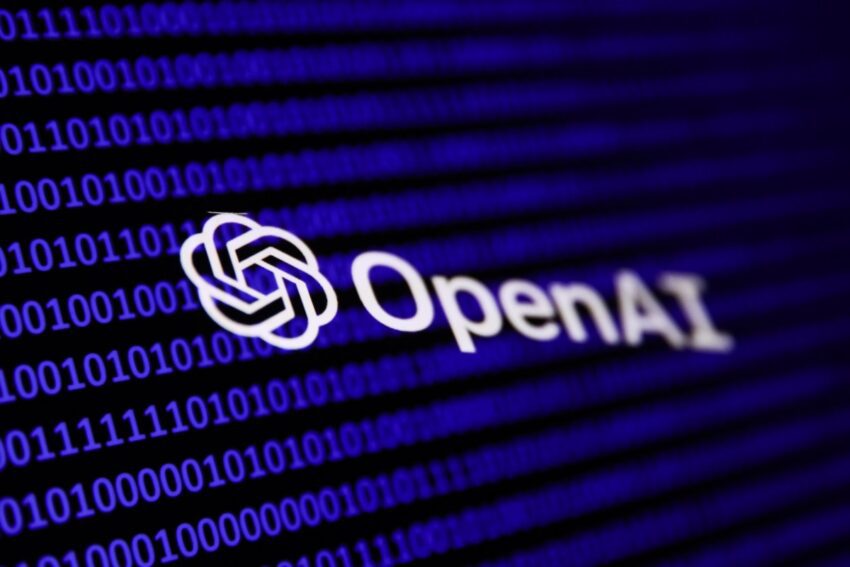
openai reportedly developing new generative music tool OpenAI is reportedly working on a new generative music tool that could transform how users create and enhance audio content.
openai reportedly developing new generative music tool
Overview of the Generative Music Tool
OpenAI, known for its advancements in artificial intelligence, is venturing into the realm of music generation. This new tool aims to provide users with the capability to seamlessly integrate music into existing media, such as videos, or to enhance vocal tracks with instrumental accompaniment. The implications of such a tool could be significant for content creators, musicians, and the broader entertainment industry.
Potential Features and Applications
The generative music tool is expected to offer a variety of features that cater to different user needs. Some of the potential applications include:
- Music for Video Content: Users could add background music to videos, enhancing the emotional and narrative aspects of their content.
- Instrumental Accompaniment: Musicians could generate guitar, piano, or other instrumental tracks to accompany their vocal performances, making it easier for solo artists to produce full-sounding recordings.
- Customization Options: The tool may allow users to customize the generated music, adjusting elements such as tempo, genre, and instrumentation to fit their specific needs.
- Collaboration Features: OpenAI might incorporate collaborative features, enabling multiple users to work together on music projects in real-time.
Context and Background
The development of this generative music tool aligns with a growing trend in the music industry where technology plays an increasingly pivotal role. The rise of digital audio workstations (DAWs) and music production software has already transformed how music is created, allowing for greater accessibility and creativity. OpenAI’s foray into this space could further democratize music production, enabling individuals without formal training to create high-quality audio content.
Generative music tools are not entirely new; various companies and platforms have explored similar concepts. However, OpenAI’s reputation for leveraging advanced machine learning techniques may set its tool apart from existing offerings. The company’s previous projects, such as GPT-3, have demonstrated its ability to generate coherent and contextually relevant content, suggesting that its music tool could similarly produce high-quality audio.
Implications for Content Creators
The introduction of OpenAI’s generative music tool could have profound implications for content creators across various platforms. For instance, YouTubers and social media influencers often rely on background music to enhance their videos. The ability to generate custom music quickly and easily could save them time and resources, allowing them to focus more on content creation rather than sourcing music.
Moreover, independent musicians may find the tool particularly beneficial. Many artists struggle with the costs associated with hiring session musicians or purchasing high-quality instrumental tracks. By providing an affordable and user-friendly solution, OpenAI’s tool could empower these artists to produce more polished and professional-sounding music without breaking the bank.
Stakeholder Reactions
The announcement of OpenAI’s generative music tool has elicited a range of reactions from stakeholders in the music and technology industries. Some musicians and producers have expressed enthusiasm about the potential for innovation and creativity that such a tool could bring. They see it as an opportunity to experiment with new sounds and styles, potentially leading to the emergence of new genres or musical trends.
Conversely, there are concerns among some musicians regarding the implications of AI-generated music on the industry. Questions arise about the authenticity of music created by algorithms and the potential for AI to replace human musicians. Critics argue that while technology can enhance creativity, it should not overshadow the artistry and emotional depth that human musicians bring to their work.
Ethical Considerations
The development of AI tools for music generation also raises ethical questions. Issues surrounding copyright and ownership of AI-generated music are particularly pertinent. If a user generates a song using OpenAI’s tool, who owns the rights to that music? As the lines between human and machine-generated content blur, the industry may need to establish new frameworks for copyright and intellectual property.
Furthermore, the potential for misuse of generative music tools must be considered. For example, the creation of music that mimics the style of established artists could lead to legal disputes or damage to an artist’s brand. OpenAI will need to implement safeguards to prevent such scenarios and ensure that its tool is used responsibly.
Technological Foundations
OpenAI’s generative music tool is likely to be built on sophisticated machine learning algorithms that analyze vast datasets of music to understand patterns, structures, and styles. By training these models on diverse musical genres and compositions, OpenAI can enable the tool to generate music that is not only coherent but also stylistically varied.
One of the key technologies that may underpin the tool is neural networks, particularly recurrent neural networks (RNNs) and transformers. These models excel at processing sequential data, making them well-suited for music generation, which involves understanding the temporal relationships between notes and rhythms.
Future Developments
As OpenAI continues to develop its generative music tool, it may explore additional features and enhancements based on user feedback and technological advancements. Potential future developments could include:
- Integration with Other Tools: OpenAI might consider integrating its music tool with popular DAWs or video editing software, allowing for a more seamless workflow for users.
- AI-Driven Music Analysis: The tool could incorporate features that analyze existing music tracks, providing users with insights into song structure, chord progressions, and other musical elements.
- Community Features: OpenAI may develop a community platform where users can share their generated music, collaborate on projects, and provide feedback to one another.
Conclusion
The development of OpenAI’s generative music tool represents a significant step forward in the intersection of technology and music. By enabling users to create and enhance audio content with ease, OpenAI could empower a new generation of content creators and musicians. However, the implications of such a tool extend beyond mere convenience; they raise important questions about creativity, ownership, and the future of music in an increasingly digital world. As the project progresses, stakeholders across the music industry will be watching closely to see how OpenAI navigates these challenges and opportunities.
Source: Original report
Was this helpful?
Last Modified: October 26, 2025 at 11:38 am
0 views















